Trans-Pacific Partnership to go ahead without US
11 remaining Pacific-rim countries agree core elements to revive the controversial trade deal
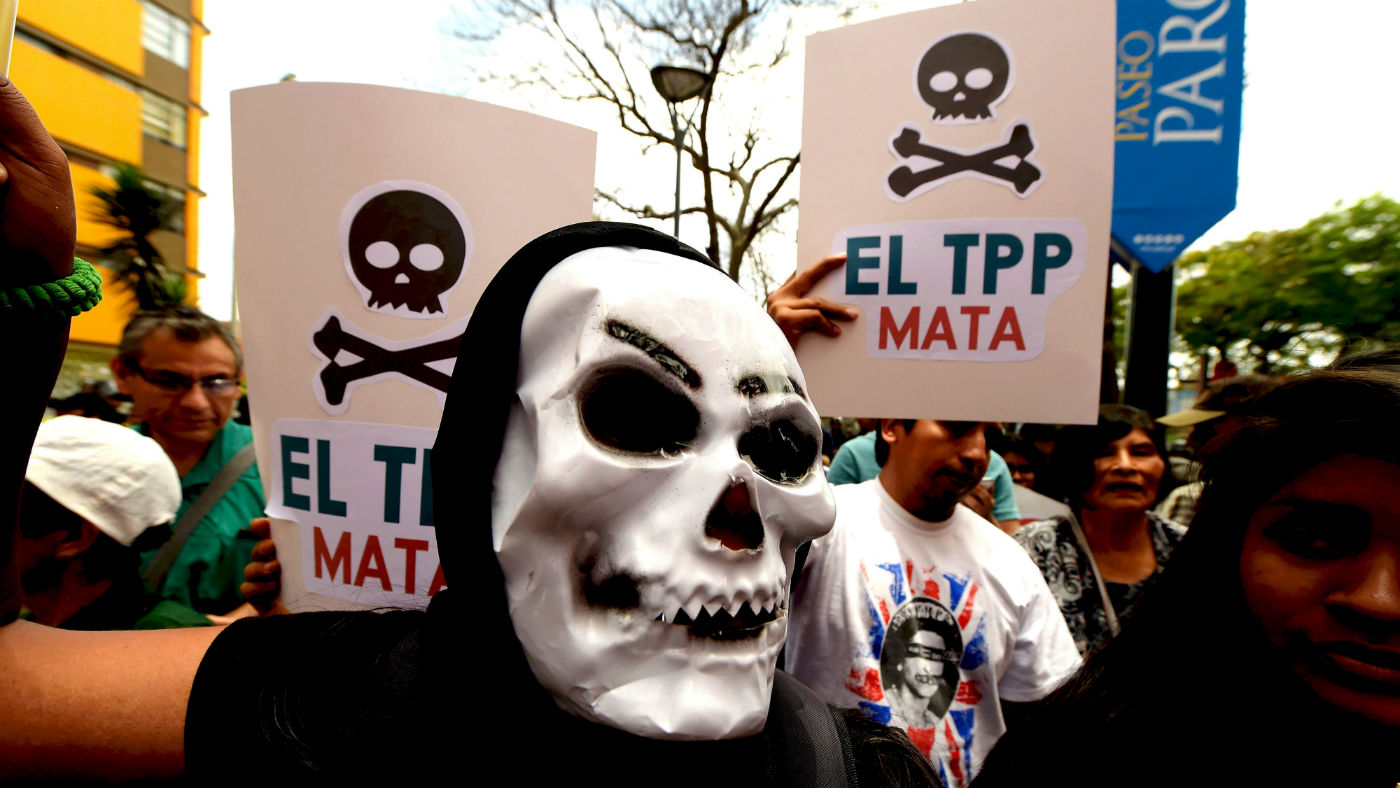
A free daily email with the biggest news stories of the day – and the best features from TheWeek.com
You are now subscribed
Your newsletter sign-up was successful
The Trans-Pacific Partnership trade deal will go ahead despite the US withdrawal earlier this year and concerns from other members.
Meeting on the sidelines of the Apec summit in Vietnam, the remaining 11 Pacific rim nations released a joint statement over the weekend saying they were committed to free and open trade.
The TPP will include Australia, Chile, New Zealand, Brunei, Singapore, Japan, Malaysia, Mexico, Peru, Vietnam and Canada. Before the US withdrew, it was set to cover 40% of the global economy.
The Week
Escape your echo chamber. Get the facts behind the news, plus analysis from multiple perspectives.

Sign up for The Week's Free Newsletters
From our morning news briefing to a weekly Good News Newsletter, get the best of The Week delivered directly to your inbox.
From our morning news briefing to a weekly Good News Newsletter, get the best of The Week delivered directly to your inbox.
There was concern that Canada could follow the US out the door after Prime Minister Justin Trudeau “expressed last minute reservations” around environmental and labour protections and its impact on the North American Free Trade Agreement, which is currently being re-negotiated, says the Financial Times.
Canada “had been accused of stalling”, says the BBC, after Trudeau said earlier in the week that he would not be rushed into a renewed TPP deal.
When President Trump abandoned the TPP in January “it was widely expected that the deal would collapse”, says the BBC’s south east Asia correspondent Jonathan Head.
The remaining countries are now having to renegotiate the terms of the deal, “as access to the huge US market was the prize that persuaded less developed countries, including Vietnam and Peru, to sign up to tough conditions on issues such as labour rights and protection of intellectual property”, says Head.
A free daily email with the biggest news stories of the day – and the best features from TheWeek.com
The new deal “looks a little different from when the US was part of the negotiations through the end of Barack Obama’s presidency”, says Vox, but the 11 TPP members now say they have enough agreement on what they call the core elements of the trade pact to move ahead, although it is still not clear when it will be finalised.
-
 How to Get to Heaven from Belfast: a ‘highly entertaining ride’
How to Get to Heaven from Belfast: a ‘highly entertaining ride’The Week Recommends Mystery-comedy from the creator of Derry Girls should be ‘your new binge-watch’
-
 The 8 best TV shows of the 1960s
The 8 best TV shows of the 1960sThe standout shows of this decade take viewers from outer space to the Wild West
-
 Microdramas are booming
Microdramas are boomingUnder the radar Scroll to watch a whole movie
-
 How will China’s $1 trillion trade surplus change the world economy?
How will China’s $1 trillion trade surplus change the world economy?Today’s Big Question Europe may impose its own tariffs
-
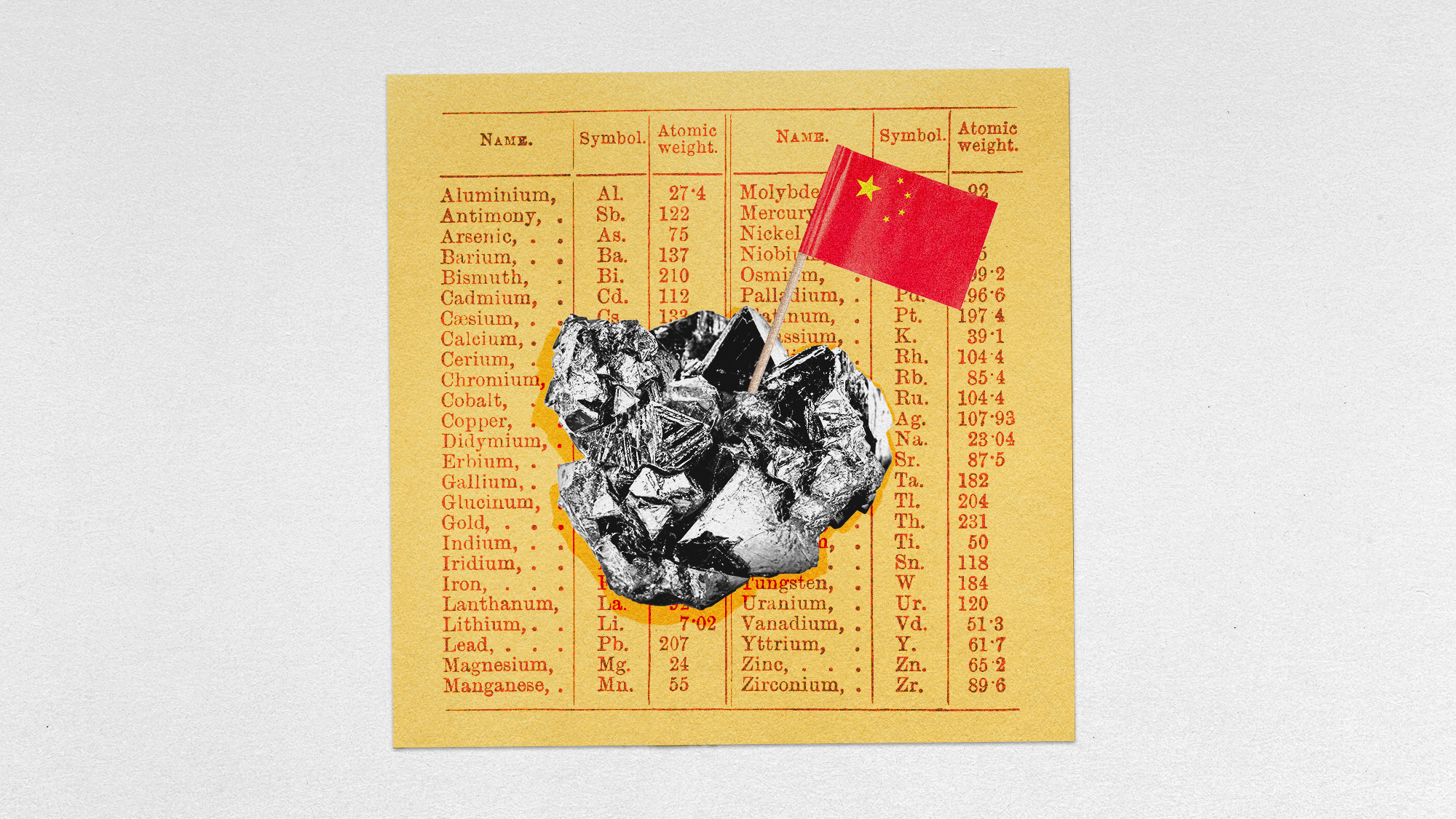 China’s rare earth controls
China’s rare earth controlsThe Explainer Beijing has shocked Washington with export restrictions on minerals used in most electronics
-
 Why the world's busiest shipping routes are under threat
Why the world's busiest shipping routes are under threatThe Explainer Political tensions, mega ships and global warming offer new challenges – and opportunities
-
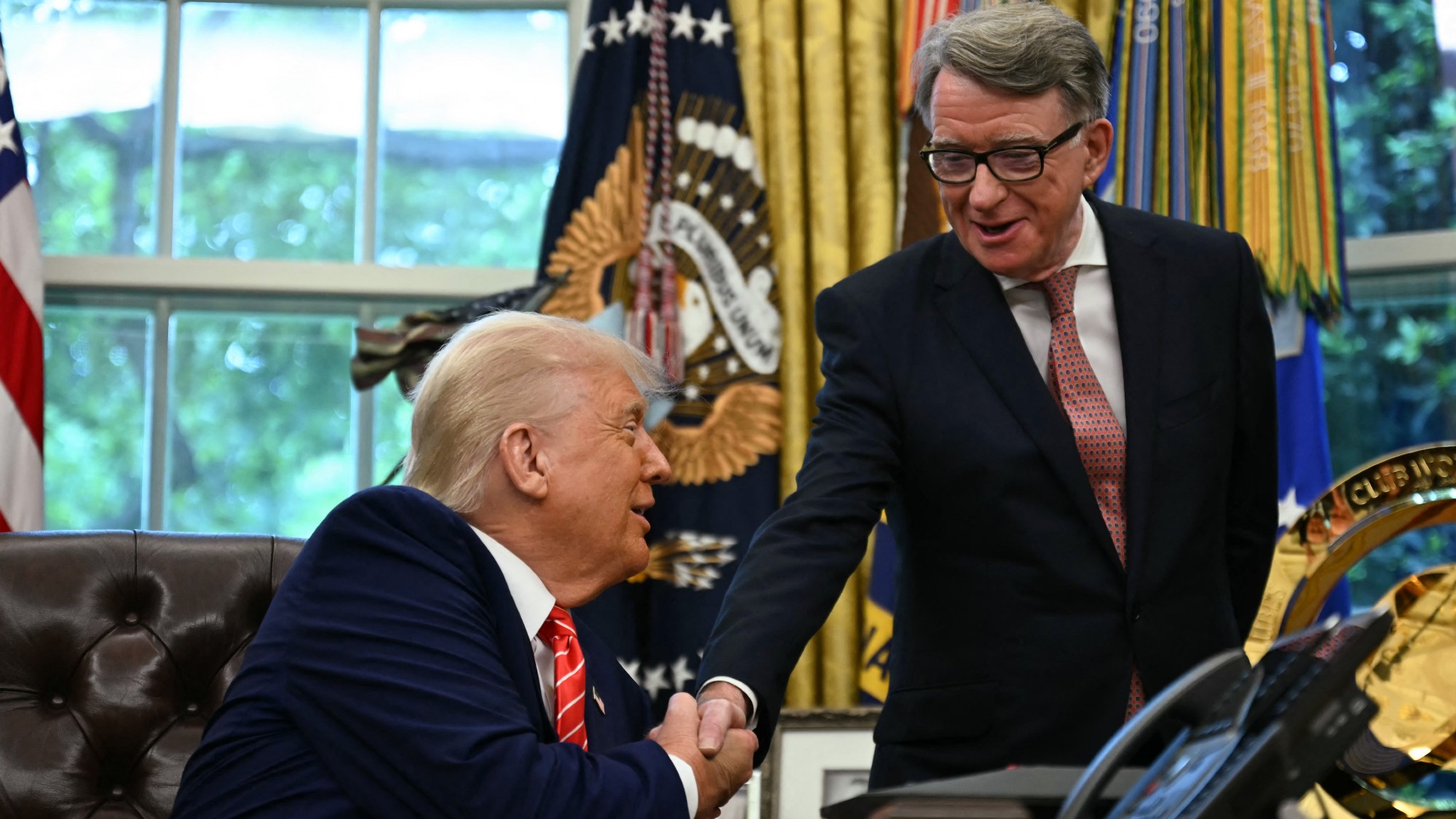 The UK-US trade deal: what was agreed?
The UK-US trade deal: what was agreed?In Depth Keir Starmer's calm handling of Donald Trump paid off, but deal remains more of a 'damage limitation exercise' than 'an unbridled triumph'
-
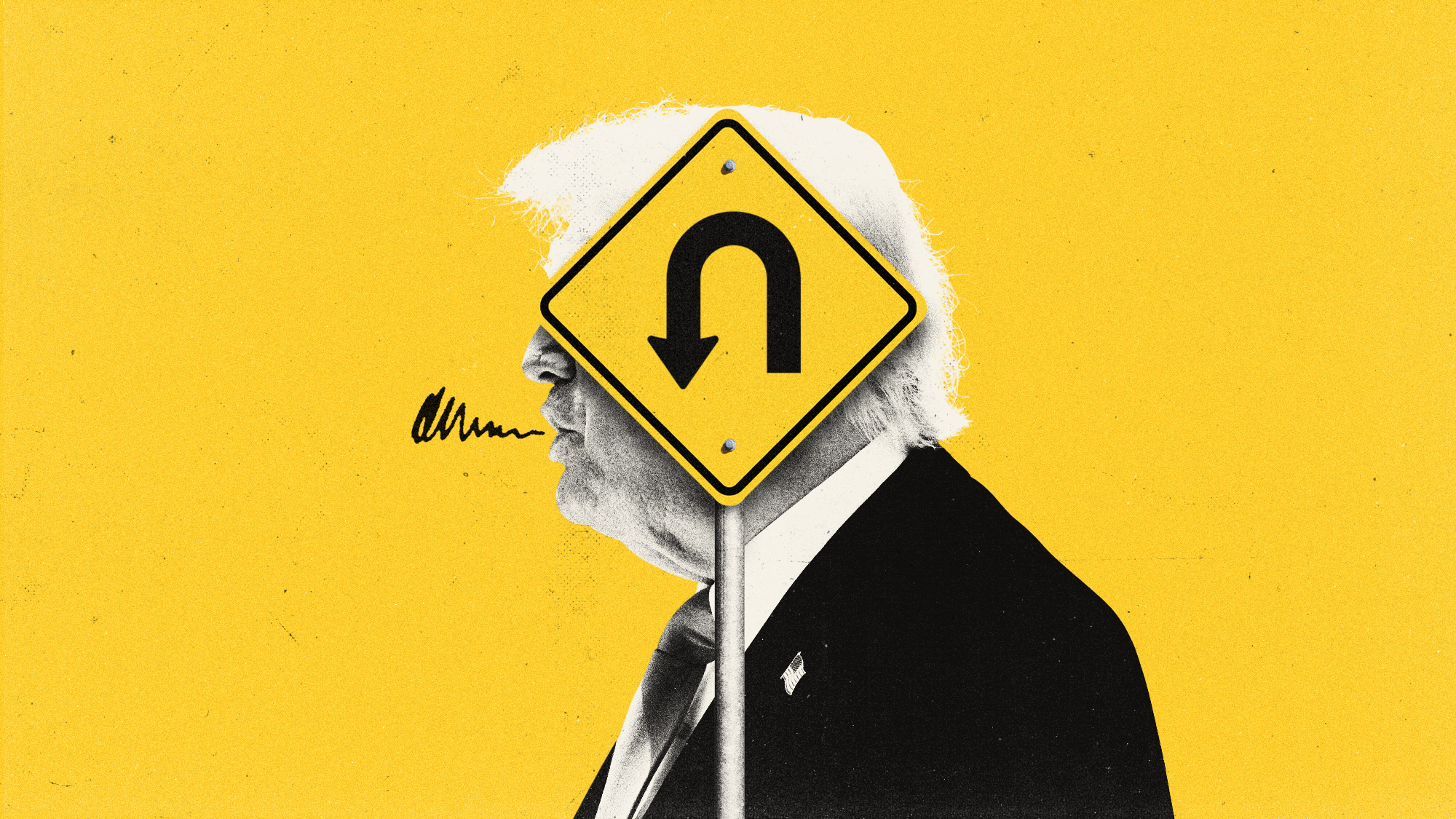 Trump vs. China: another tariff U-turn?
Trump vs. China: another tariff U-turn?Today's Big Question Washington and Beijing make huge tariff cuts, as both sides seek 'exit ramp' from escalating trade war
-
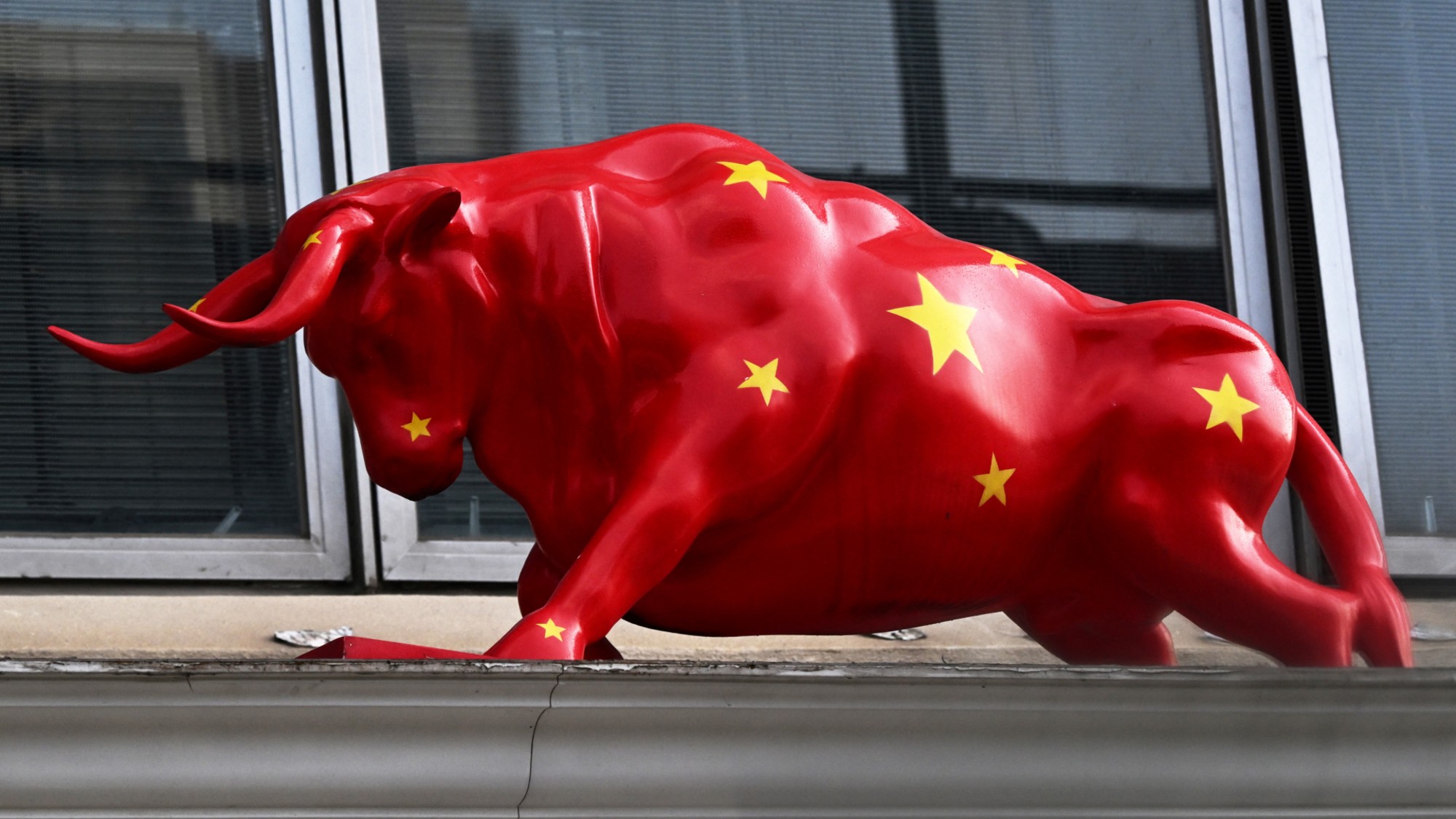 Who would win in a China-US trade war?
Who would win in a China-US trade war?Today's Big Question Tariff pain will be higher for China but Beijing is betting it can weather the storm
-
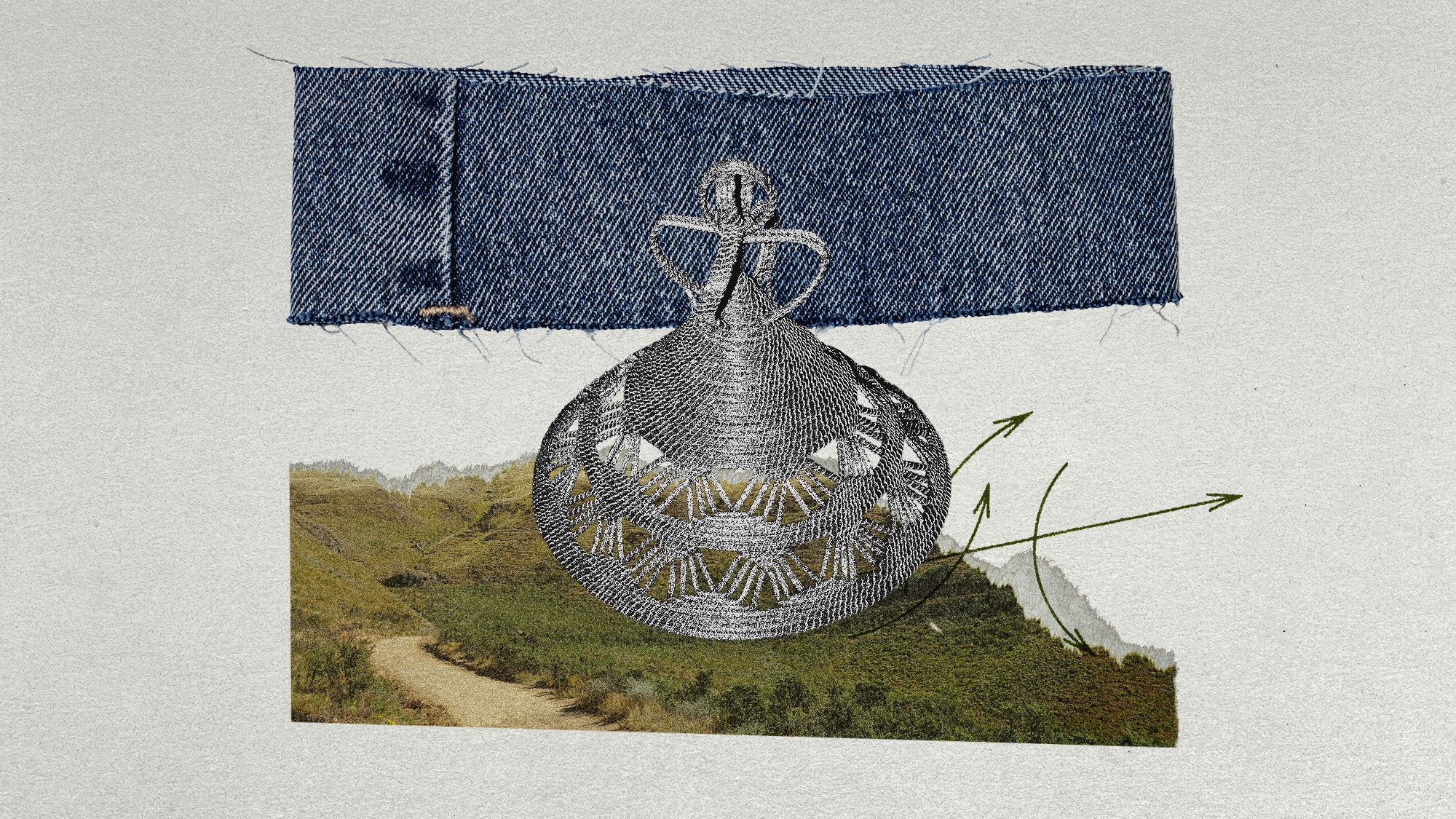 Lesotho: the tiny African nation in the crosshairs of Trump's tariff war
Lesotho: the tiny African nation in the crosshairs of Trump's tariff warUnder the Radar US president imposes 50% reciprocal levy on the impoverished state: the highest of his so-called 'Liberation Day' tariffs
-
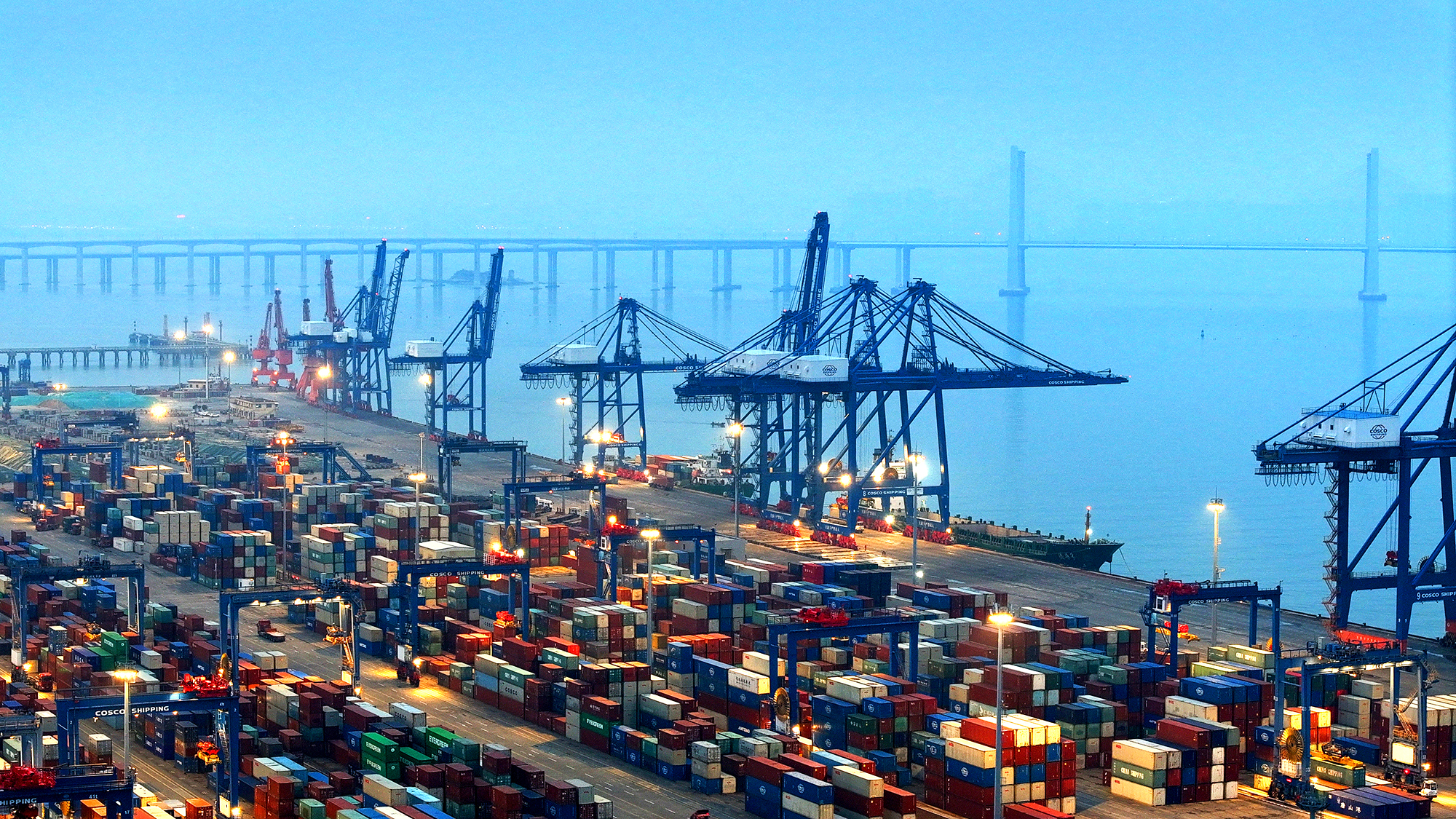 Is this the end of globalisation?
Is this the end of globalisation?Today's Big Question American-led post-war order is 'finally starting to crumble' but that could bring about 'a more inclusive world'